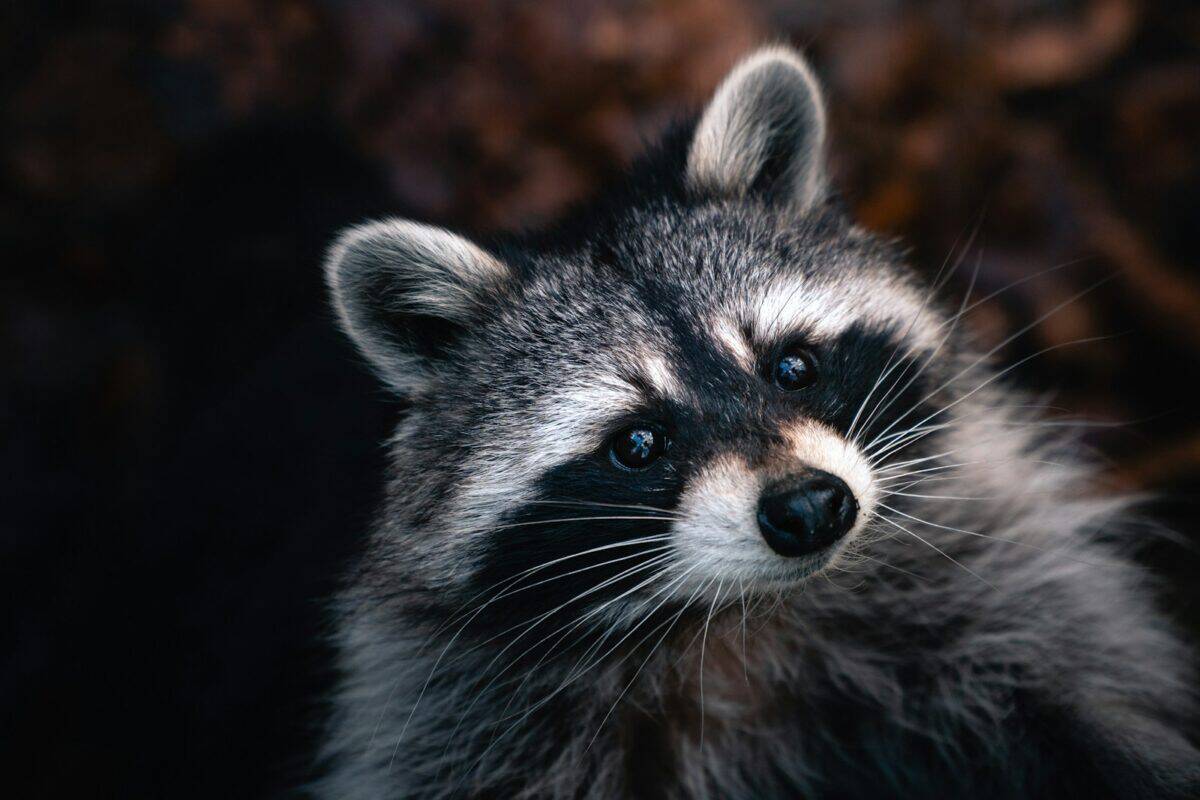North America is home to a diverse array of wildlife, with species that have not only adapted to survive in varied environments but have also exhibited remarkable cognitive abilities. Understanding the intelligence of these animals not only enriches our knowledge of the natural world but also deepens our appreciation for the incredible diversity of life on our continent. In this article, we’ll delve into the unique traits and behaviors that make nine species stand out as some of the smartest in North America.
Raccoons The Urban Problem Solvers

Raccoons are ubiquitous across North America and have proved themselves as highly adaptable problem solvers, particularly in urban environments. Their intelligence is showcased in their ability to open complex latches, navigate cityscapes, and utilize human infrastructure to access food. Raccoons’ dexterous front paws are akin to primates’ hands, enabling them to manipulate objects with ease. Researchers have found that raccoons possess a high degree of memory and can remember solutions to tasks for extended periods, evidencing their cognitive proficiency.
Crows The Clever Creators
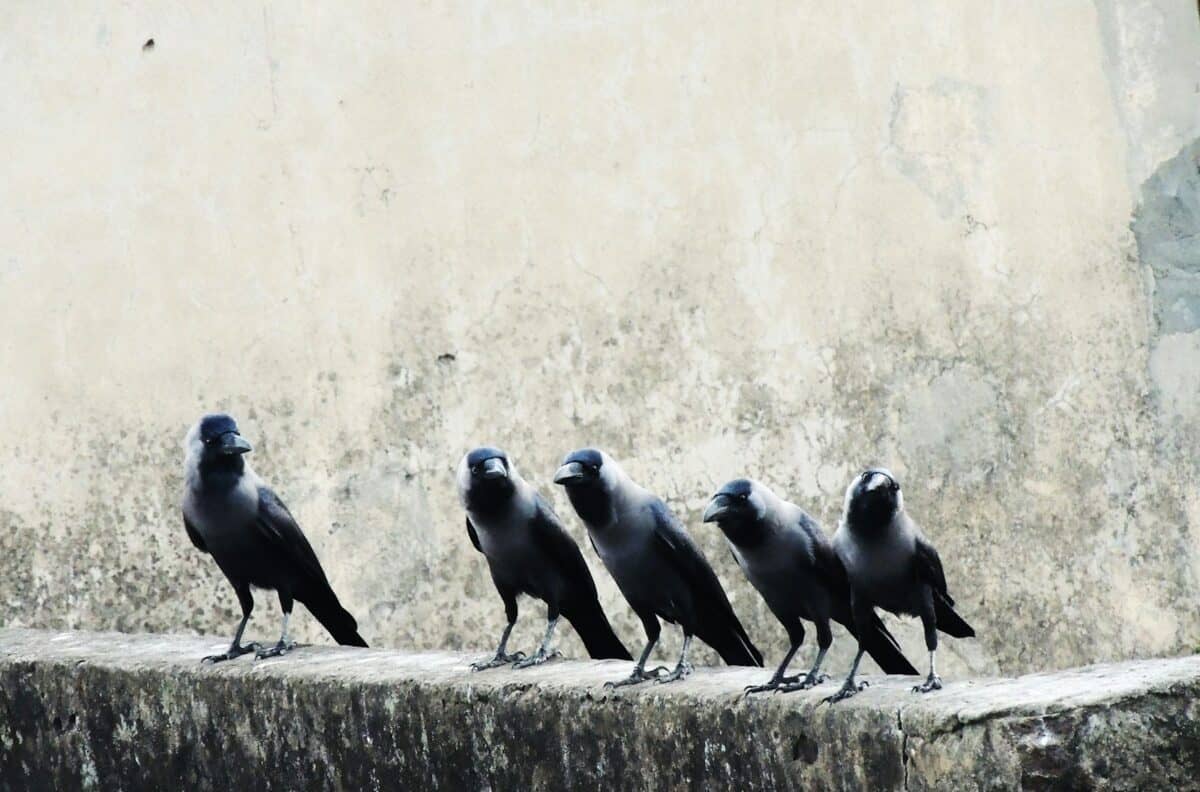
Crows, belonging to the Corvid family, are renowned for their intelligence and innovative use of tools. These birds engage in complex problem-solving activities, such as bending wires to fish food out of tight spaces, showcasing their ability to adapt learned skills to new situations. Moreover, crows have demonstrated remarkable memory capabilities, recognizing human faces and recalling both positive and negative interactions for years. Their sophisticated social structure and communication skills further emphasize their cognitive capabilities.
Dolphins Oceanic Intellectuals
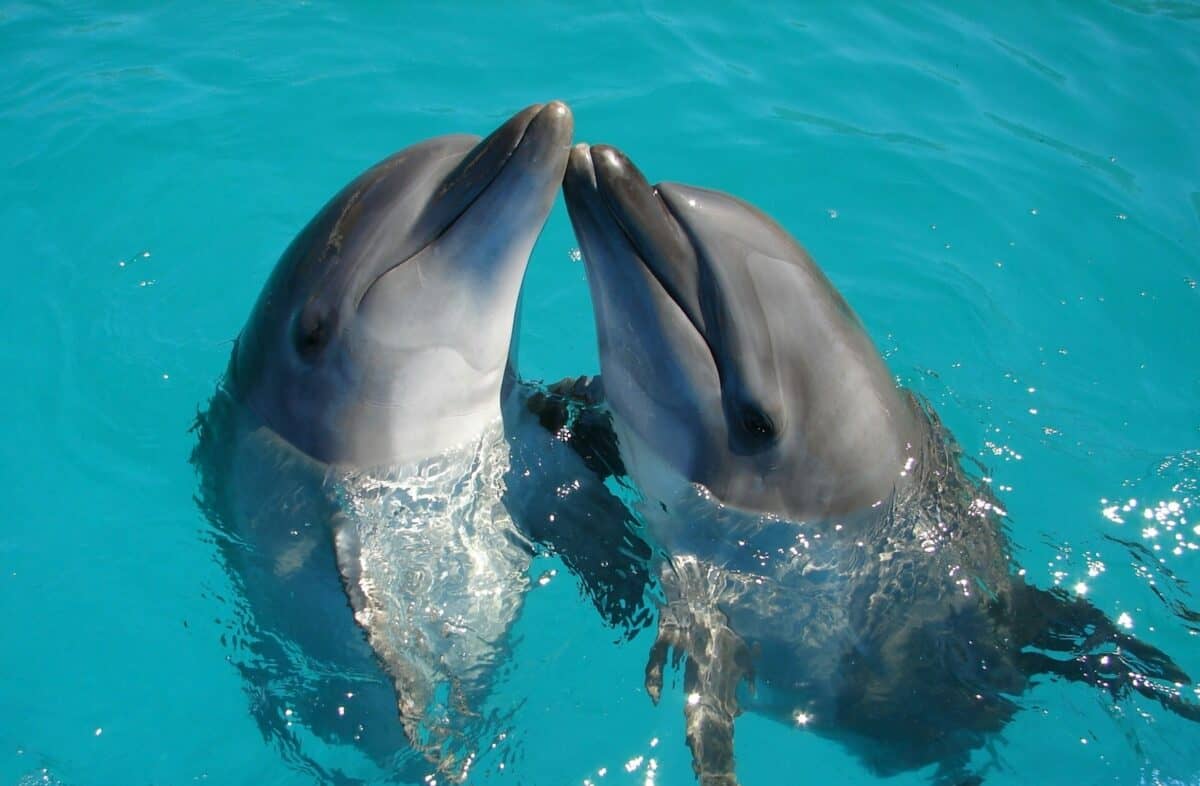
Bottlenose dolphins, found along North America’s coastlines, are celebrated for their intelligence, social behavior, and advanced communication skills. Dolphins use a range of vocalizations and echolocation to communicate and navigate underwater. Their ability to learn and mimic human actions, as well as understand abstract concepts, underscores their cognitive sophistication. Socially, dolphins display complex group dynamics and cooperative hunting tactics, further highlighting their intellectual prowess.
American Black Bears Seasonal Strategists
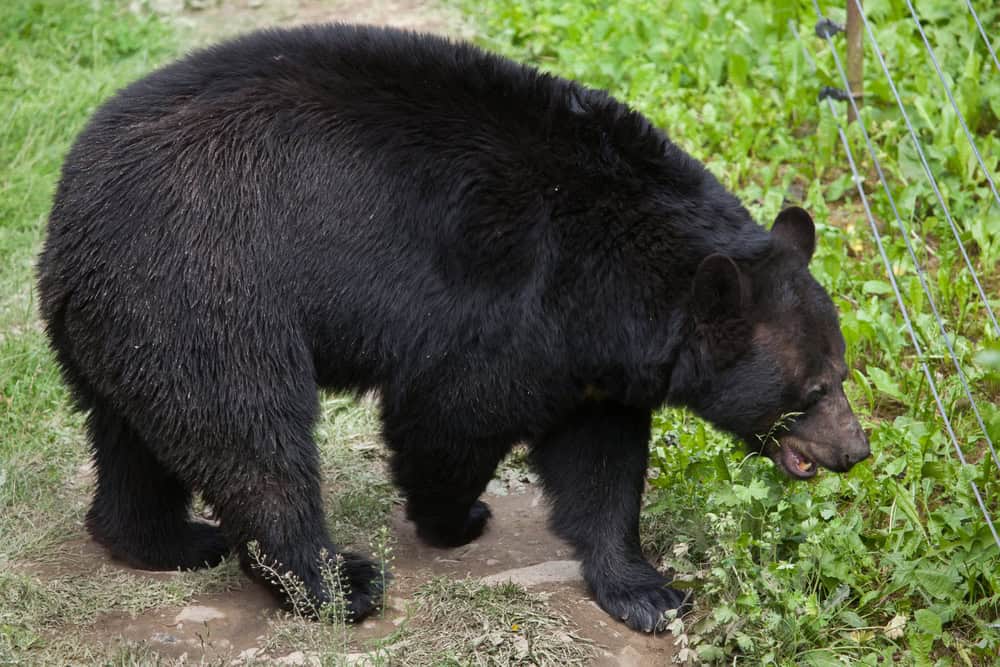
Black bears are not only notable for their physical strength but also for their cognitive adaptability. These bears exhibit a keen sense of timing and resourcefulness, especially in their ability to exploit seasonal food supplies and remember fruitful feeding grounds. Black bears’ ability to solve problems, such as opening containers to access food, is well-documented. They demonstrate a capacity for learning from experience, which is crucial for their survival, particularly in changing environments.
Beavers Engineering Geniuses

Beavers are a prime example of animal ingenuity, with their renowned dam-building skills significantly altering landscapes to create suitable habitats. Their ability to construct complex structures demonstrates spatial awareness and planning. Beavers use these skills not only for shelter but also for food storage and predator avoidance. Their environmental modifications benefit numerous other species, showcasing their role as ecosystem engineers and highlighting their intelligent use of resources.
Octopuses Underwater Einsteins
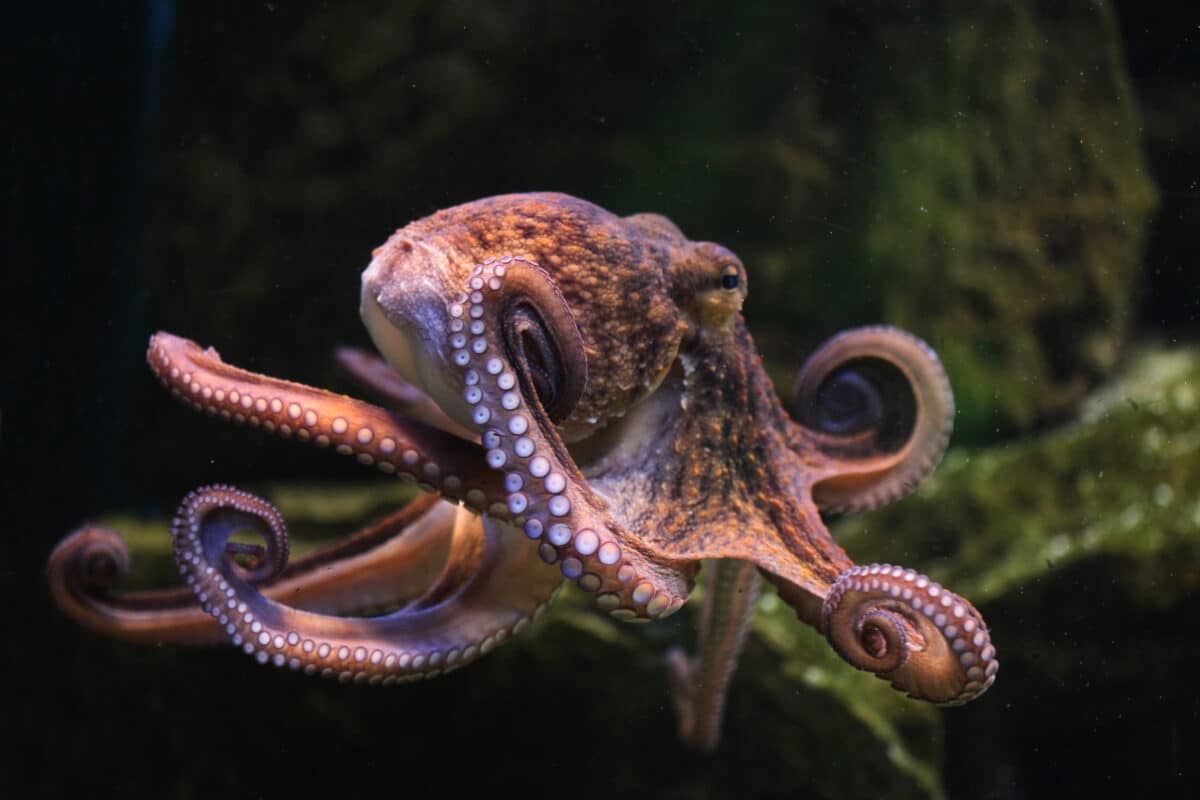
While typically associated with oceanic habitats, octopuses can be found in the coastal waters of North America. These cephalopods are lauded for their extraordinary problem-solving abilities and dexterity. Octopuses possess the unique ability to manipulate their environment, utilize tools, and escape enclosures with apparent ease. Their nervous system is highly complex, and they exhibit behaviors indicative of deep intelligence, such as mimicking other animals and using strategic defense mechanisms against predators.
Wolves Pack Precisionists

Wolves are highly social animals with intricate pack dynamics that demand advanced communication and cooperation skills. Their intelligence is evident in their hunting strategies, which involve sophisticated coordination among pack members to effectively pursue and capture prey. Wolves’ ability to adapt to different environments and learn from each other is crucial for survival across the varied ecosystems of North America. Their complex social structure and emotional intelligence further underscore their cognitive abilities.
Sea Otters Relational Reservoirs

Sea otters, found along the Pacific coast, are known for their tool use and social structures. They use rocks to crack open shellfish, a behavior that is learned and passed down through generations. Otters also display strong social bonds and cooperative behaviors, frequently floating in groups known as rafts. Their keystone role in maintaining their ecological environment through kelp forest preservation highlights their impact and the intricate understanding they have of their habitat.
Opossums Survival Savants

Opossums, often underrated in their cognitive potential, show significant adaptability across North America. Known for their “playing dead” survival tactic, opossums also demonstrate a remarkable immunity to snake venom, an attribute that aids their survival. Research has shown they have good memory abilities, particularly in remembering food sources. Their unique reproductive system and ability to thrive in diverse environments speak to their evolutionary success and underlying cognitive aptitude.
Summary

The intelligence of North America’s fauna is as varied as the landscapes they inhabit. From the tool-using crows to the socially astute dolphins and wolves, each of these animals exhibits distinct cognitive abilities that underscore their survival strategies and adaptability. Understanding these intelligent behaviors allows us to appreciate the complexities of wildlife and encourages conservation efforts to protect these remarkable species. Recognizing animals’ intellectual capabilities not only enriches our connection to the natural world but also highlights the need for coexistence and ecological stewardship.
- 10 Animals That Use Camouflage Best - August 17, 2025
- 13 Wild Birds That Use Tools to Hunt - August 17, 2025
- 9 Smartest Animal Species in North America—And Why They’re So Clever - August 17, 2025

